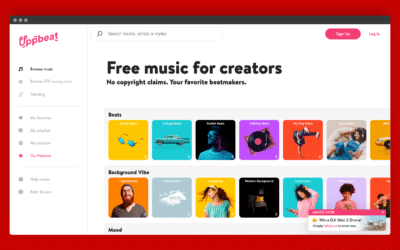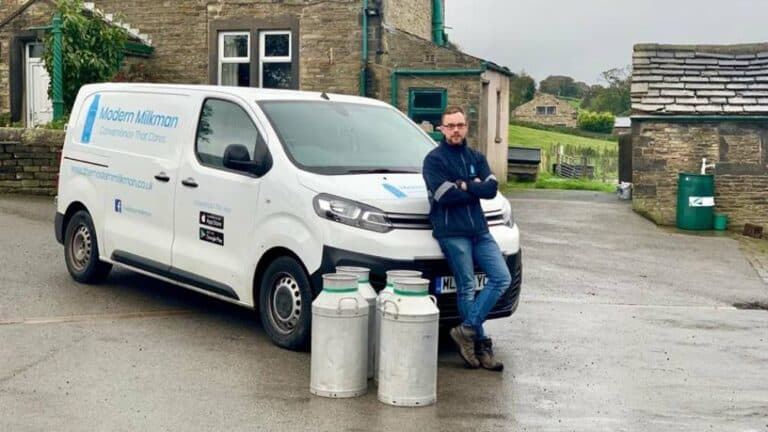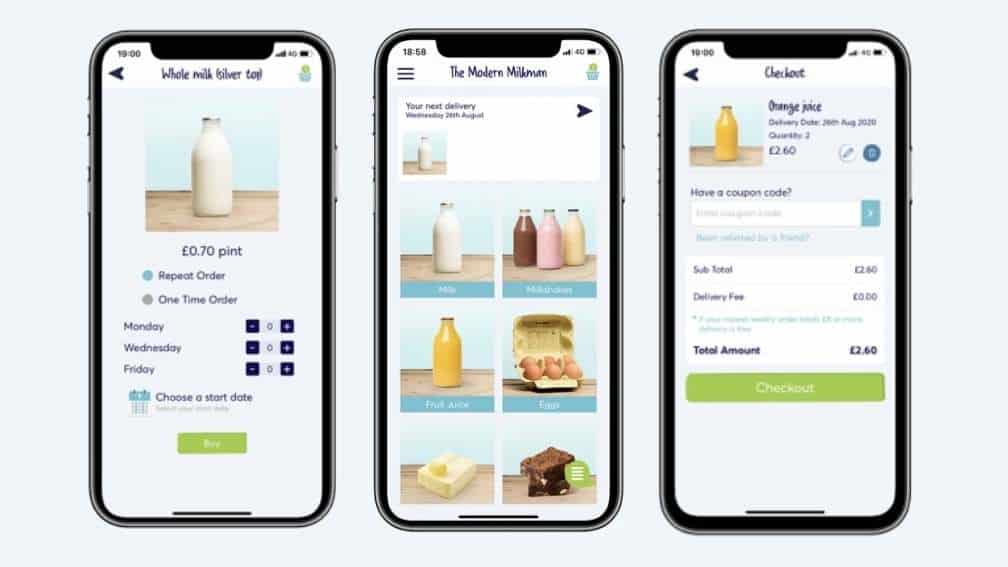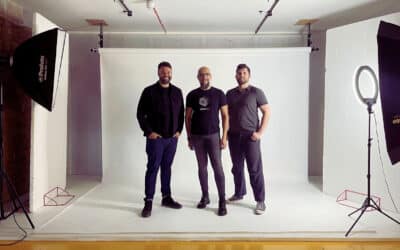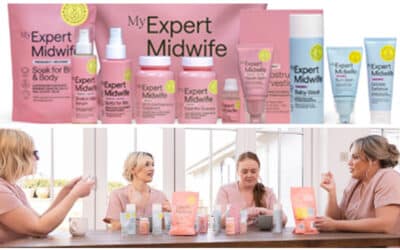Milkmen and their iconic glass bottles became a mainstay in England from the mid-1800s, but in recent decades have lost ground to supermarkets and their competitively-priced plastic alternative.
But Lancashire-based food delivery platform The Modern Milkman wants to bring back the clink, with a reinvented milk and grocery service focussed on sustainability and app-based ordering.
Earlier this month the company secured a £5m investment from ETF Partners (The Environmental Technologies Fund) after a mammoth 2020 saw a tenfold increase in revenue, bolstered by lockdown demand.
The app-based platform delivers milk and groceries from independent and local suppliers directly to households in returnable and reusable packaging, including glass bottles and tins.
The growth equates to 106 tonnes of plastic saved, or 8 million plastic bottles. That figure, says founder and CEO Simon Mellin, is growing by 1.2 million bottles a month as the company scales.
“It makes you realise just how big the problem is,” he told Prolific North.
Mellin now plans to expand the company’s user-base by five times in 2021. By the end of 2022, the company is aiming to cover the whole of the UK.
Beginning the milk delivery service in Colne and later Burnley, the company is taking a ‘Blitzscale’ approach, by moving into Manchester, Leeds, and York.
Mellin said It is currently working its way down the country into the Midlands through Wigan, Crewe, and Chester.
The entrepreneur is focussed on solidifying the service in the North and “flipping the balance” on most subscription services which start in London and move upward.
The company recently opened a Manchester office in Bonded Warehouse, Spinningfields, but Mellin said the company “always plans to stay based in the North West” despite national ambitions.
“We try to keep a Northern touch. There’s a lot of warmth to a Northern food brand. It’s a strong asset and we want to retain that,” he said.
The entrepreneur’s latest venture follows the sale of an online meat business in 2015 which focussed on grass-fed beef and lamb.
The inspiration for The Modern Milkman came after Mellin – like much of the rest of the world – watched David Attenborough’s television series and saw just how much plastic ended up in the ocean.
The solution to non-recycled plastic milk bottles already existed, he realised. Returnable, reusable glass bottles had a “nostalgia”, and through an app, the service could reconnect local producers and customers while committing to only reusable packaging.

